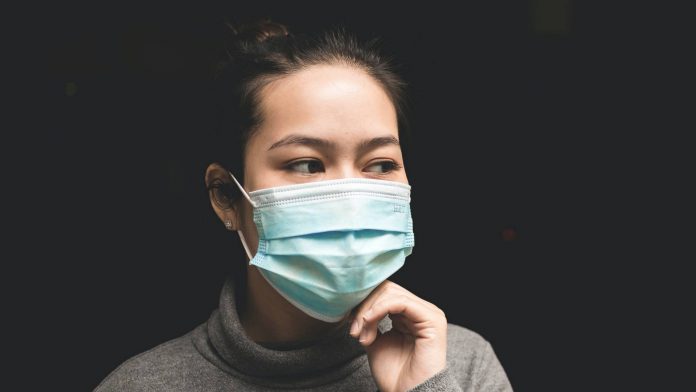As a family of four, one thought that keeps me awake at night during this pandemic is the idea of one of us getting sick, leaving the other as the sole caregiver to atwo kids. Normally, we have a network of grandparents, family, and even caregivers we can rely on for childcare and support. But these unsettling times have stripped us of these options.
Prevailing community quarantine measures could prevent any family member from coming to our home and helping us. Parenting and childcare are hard enough as it is, but times of crisis (such as this pandemic) is making things even harder and worrisome, especially for parents like us who do not have extended family living nearby. So what do we do if one of us gets sick? Or if both of us get sick?
In an effort to not go insane with worry, I asked turned to Google, and here are a few things that could help in this situation:
Make a crisis plan
Just like in any crisis, having a plan on hand is the best way to be prepared for anything. And we should include any worst-case scenarios — such as both parents getting sick and incapacitated at the same time. Unfortunately, if both parents are sick, it could mean that the kids are also infected — considering COVID-19’s high infection rate. So this rules out getting the grannies as primary caregivers for the kids, even if they do live nearby since the elderly are more at risk of the virus.
The risk of COVID-19 complications and mortality is highest in the elderly sector, so it would probably be best to get younger caregivers for your kids such as aunts and uncles while you and your partner are recovering from it. Having said that, here are a few things to consider for your COVID-19 crisis plan:
- Who is going to take care of your kids?
- If you have pets, who will also take care of them?
- If possible, identify family and friends who live nearby (especially if travel is restricted due to prevailing quarantine measures). Also remember to consider if they live with family members who might belong to the high-risk population (elderly, people with underlying conditions, small babies).
- Potential caregiver contact information placed prominently at home, or with older kids so that emergency responders or even neighbors are properly informed of it.
I have already identified a few family members who live nearby (but still in different cities) who can take our kids in if ever the need arises (*knock on wood). But I’ve also reached out to neighbors who might be able to take care of our kids for a few hours, days, or until our family can get to them.
Isolate at home
Considering the guidelines right now, you can most probably stay at home even if you are infected. If your kids are not asthmatic, and your partner is not a cancer patient or has no underlying illnesses, then you can stay home. Just remember to sleep and stay in a separate bedroom if possible, use separate utensils and dishes, and hand wash and sterilize as much as possible.
At the same time, experts have noted that infections within one family are usually staggered, which means that if all of you do get infected, not all of you will feel the worst of it at the same time. So it is still possible to take care of your kids — with the uninfected one taking over while the infected one recuperates, and the one further along the illness taking over if the other one manifests symptoms as well. Remember that the risk of transmission is highest in the first few days of illness or when the symptoms are more pronounced. So once you get the symptoms, it’s best to isolate yourself ASAP.
Keep your home clean as much as possible
One of the best ways to prevent infections or even any illness in the family is to keep your home, especially “high-traffic” areas clean. Also note that you don’t need any special cleaners or disinfectants to do so, as studies have shown that regular soaps and scrubbing can do the job well. If your partner is in quarantine in your bedroom, you don’t need to use disposable trays or utensils for him, and you don’t have to bleach or UV sanitize everything as well. Just remember to separate his dishes and utensils, and food portions from the rest of the family. You can also ask him to wear a mask (and change it every day!) to limit droplets as much as possible.
However, you also have to consider your bathroom as recent studies have shown that COVID-19 can be transmitted via the fecal-oral route. If you don’t have a separate bathroom, then it’s best to wipe down your bathroom every day, especially after the infected person has used it. Disinfect the toilet bowl, and wash or wipe down high-touch surfaces such as faucets, sinks, shower knobs, and doorknobs. Also, don’t forget to ask the infected to close the toilet when flushing, as water splashes or the aerosol generated when flushing could contain the virus and possibly contaminate other surfaces.
Take extra precautions
Perhaps the best and most important thing to do is to take extra care of yourself during this time. Make sure to eat healthily, sleep well, and limit stress. Always remember that we have to take care of ourselves so that we can also take care of the people we are responsible for — our kids.
Stay safe and well, mamas.
Reference: Wired
Join our MomCenter Community on our Facebook page and Facebook group for more insights on motherhood and parenting.





